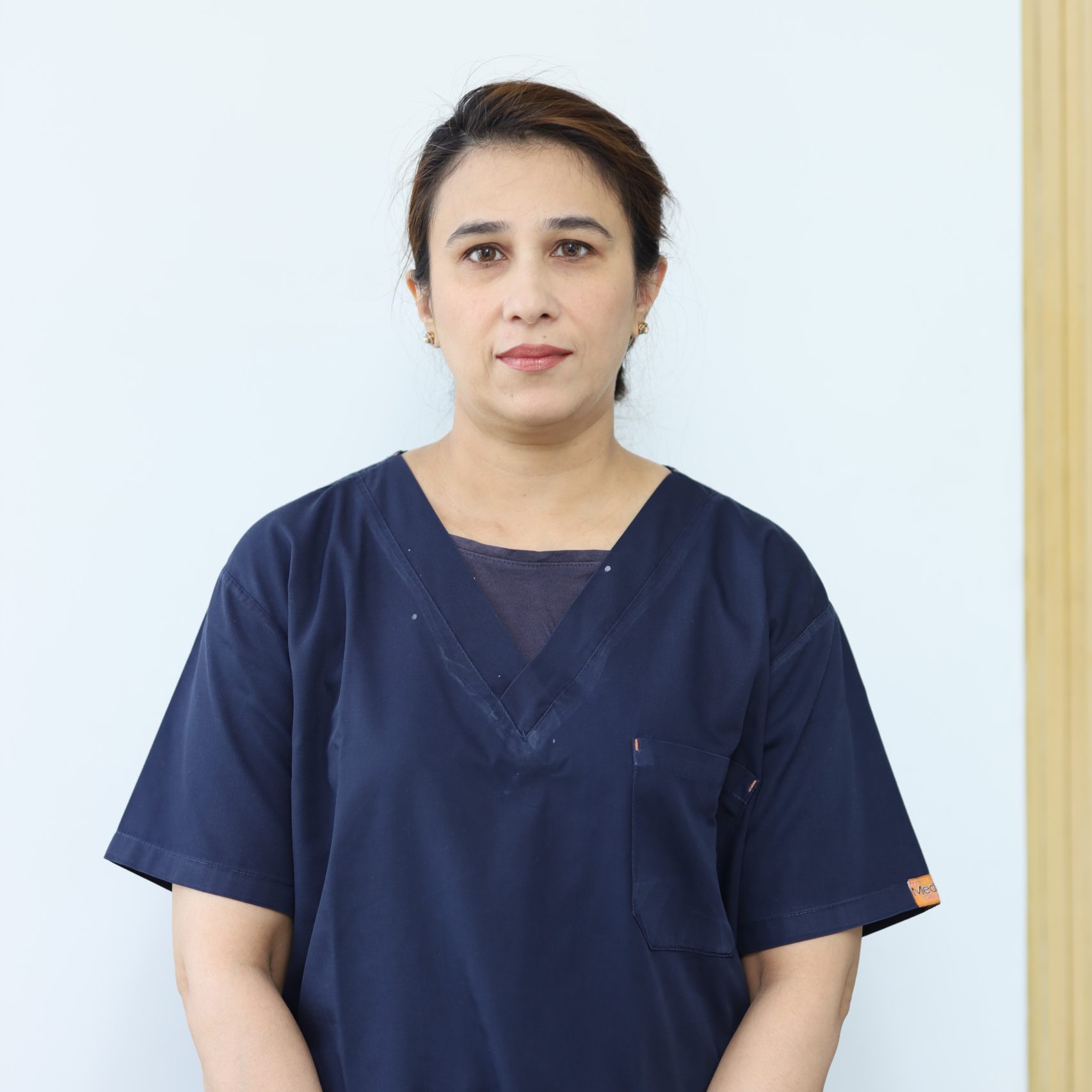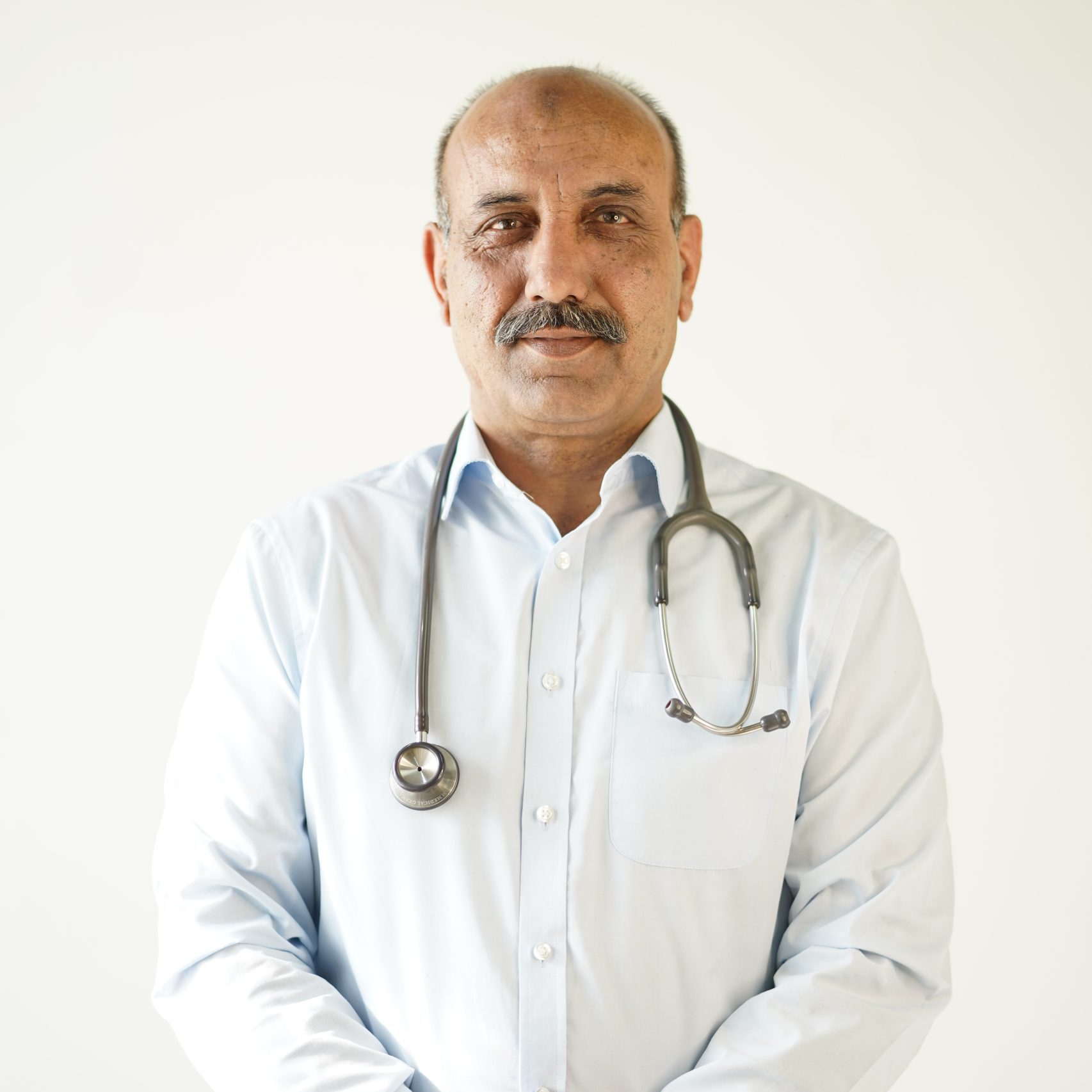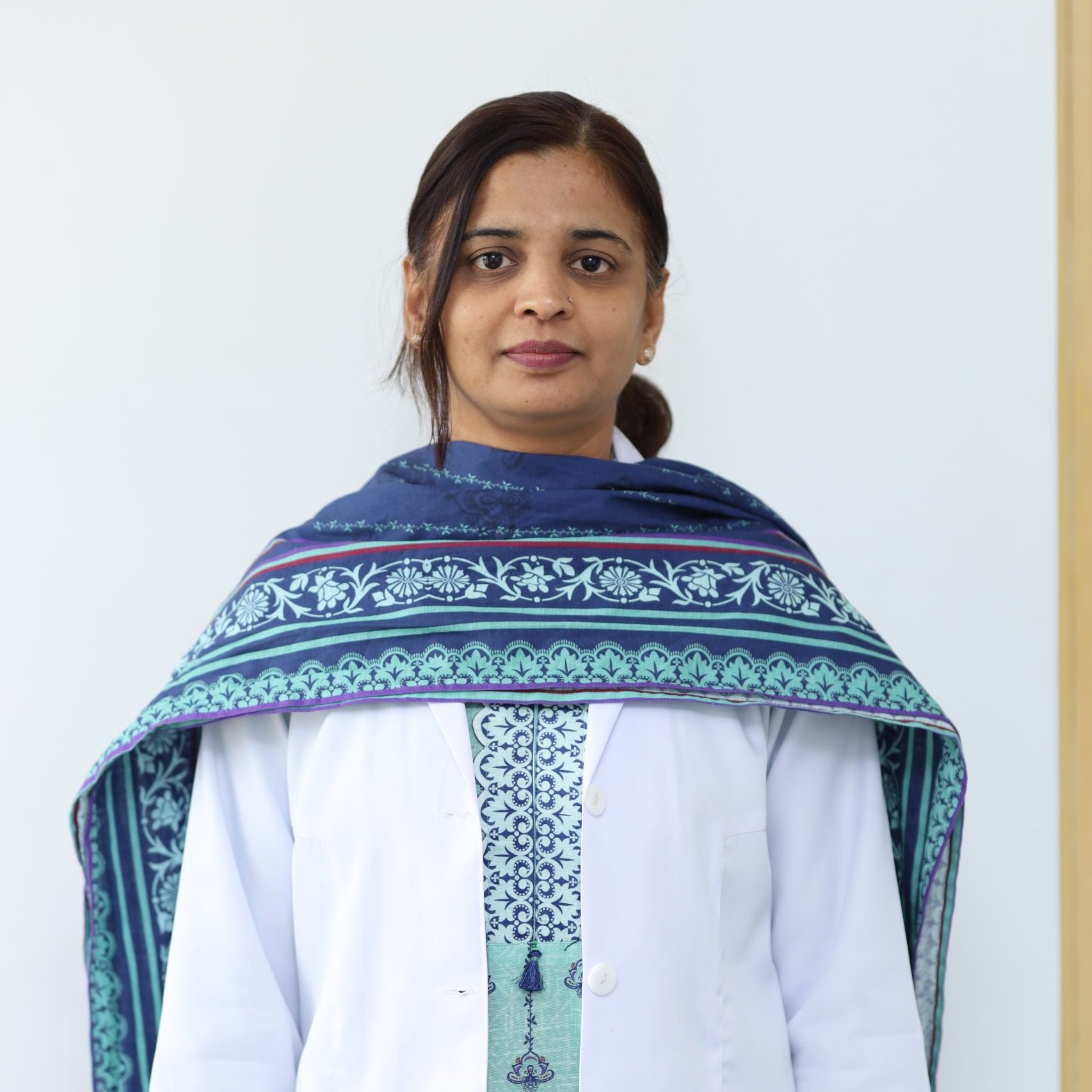The Anesthesia Department at our hospital plays a crucial role in patient care by providing safe and effective anesthesia services for surgical and medical procedures. Our team of anesthesiologists, certified registered nurse anesthetists (CRNAs), and anesthesia assistants work together to ensure the comfort and safety of patients before, during, and after procedures.
Services:
Our Anesthesia Department provides safe and effective anesthesia services for surgical and medical procedures, including;
- Preoperative assessment
- Anesthesia administration
- Intraoperative monitoring
- Pain management
- Critical care support
- Obstetric anesthesia
- Postoperative care
Our Doctors
Dr. Shumaila Younus
Consultant AnaesthesiaDr. Shams Iqbal Mirza
Consultant AnaesthesiaDr. Beena Rani
Consultant AnaesthesiaDr. Muhammad Mishal
Consultant AnaesthesiaDr. Khurram Liaqat
Consultant AnaesthesiaDr. Nusrat Ali
Consultant AnaesthesiaFAQs
1. What is anesthesia?
Anesthesia is a medical treatment used to prevent patients from feeling pain or discomfort during surgical procedures or medical interventions. It can also induce a state of unconsciousness or sedation, depending on the type of anesthesia administered.
2. Who administers anesthesia?
Anesthesia is typically administered by anesthesiologists, certified registered nurse anesthetists (CRNAs), or anesthesia assistants. These healthcare professionals are trained to provide safe and effective anesthesia care.
3. What are the different types of anesthesia?
The three main types of anesthesia are general anesthesia, regional anesthesia, and local anesthesia. General anesthesia induces a state of unconsciousness and loss of sensation throughout the entire body. Regional anesthesia blocks sensation in a specific region of the body, such as an arm or leg, while the patient remains awake. Local anesthesia numbs a small area of the body, typically for minor procedures.
4. How do I prepare for anesthesia?
Your healthcare provider will provide specific instructions on how to prepare for anesthesia, including fasting guidelines, medication instructions, and preoperative testing requirements. It's essential to follow these instructions closely to ensure a safe and successful anesthesia experience.
5. Are there risks associated with anesthesia?
While anesthesia is generally safe, it does carry some risks, including allergic reactions, adverse drug reactions, and complications related to anesthesia administration. Your anesthesia provider will assess your medical history and discuss potential risks with you before administering anesthesia.
6. Will I feel any pain during surgery with anesthesia?
No, with appropriate anesthesia, you should not feel any pain during surgery. Anesthesia providers monitor your vital signs and adjust anesthesia levels throughout the procedure to ensure your comfort and safety.
7. How long does it take to recover from anesthesia?
Recovery from anesthesia varies depending on the type of anesthesia administered, the duration of the procedure, and individual factors such as age and overall health. Most patients recover consciousness shortly after surgery, although it may take several hours to fully recover from the effects of anesthesia.
8. Can I eat or drink after receiving anesthesia?
Your healthcare provider will provide specific guidelines on when it is safe to eat and drink after receiving anesthesia. In general, patients are advised to start with clear liquids and gradually advance to solid foods as tolerated.
These are just a few common questions about anesthesia. If you have specific concerns or inquiries, it’s essential to discuss them with your healthcare provider or anesthesia provider before undergoing anesthesia.







